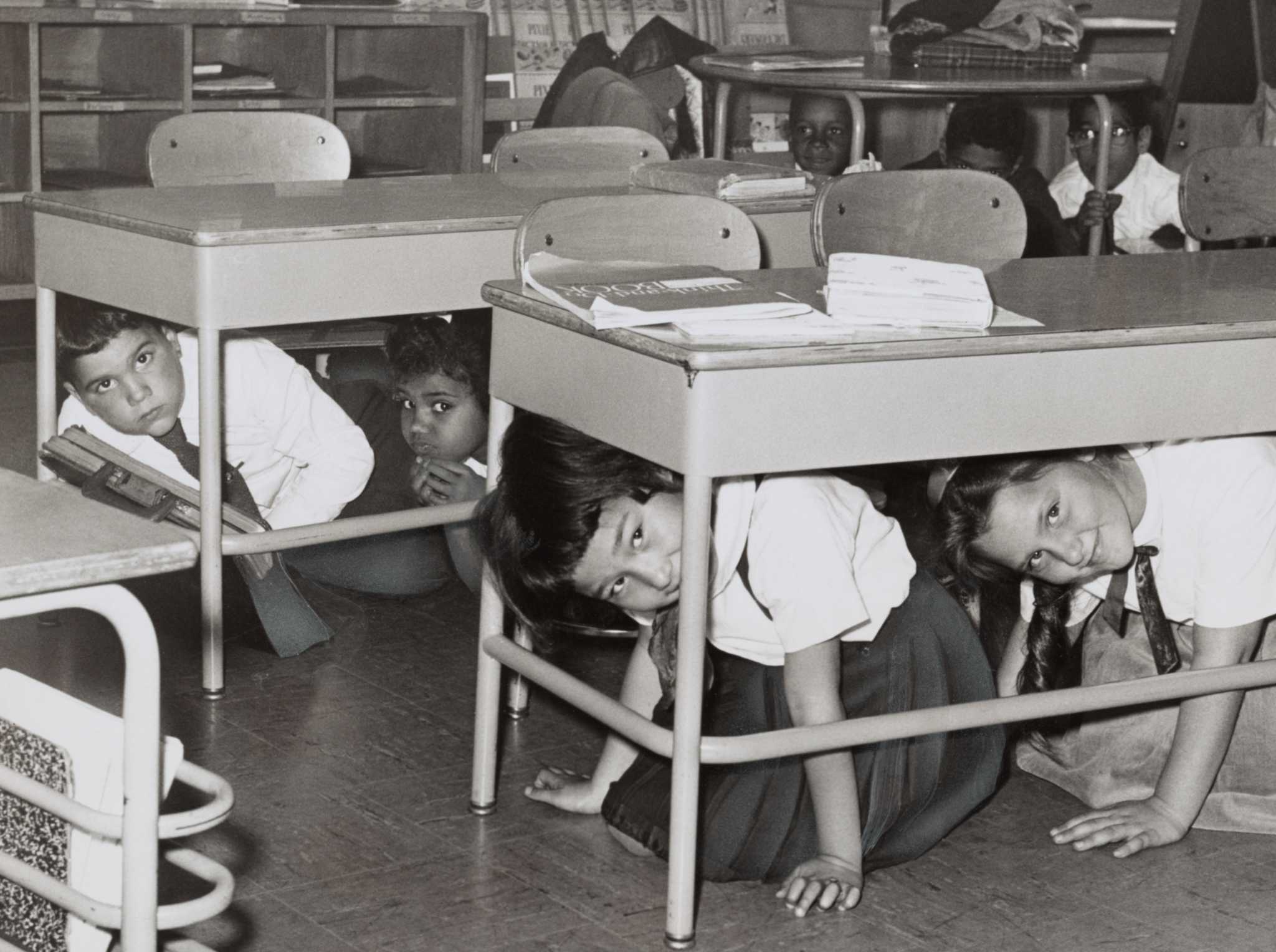“I see four horsemen in our midst — four looming threats that endanger 21st-century progress and imperil 21st-century possibilities. Devastating conflicts continue to cause widespread misery. Terrorist attacks take a merciless toll. The nuclear menace is growing. More people have been forced from their homes by war and persecution than at any time since the Second World War.” These are the words of United Nations Secretary-General Antonio Guterres. They were part of his New Year’s address to the UN General Assembly, and they occurred well before the severity of the pandemic was even imagined. Thanks to the ongoing drama of 2020, these words feel like they were spoken years ago – it was only nine months. They also feel very appropriate nine months into 2020.
[We Have Always Anticipated the End of Days podcast devotional episode has been placed in our archives. As a Patreon supporter you can access this episode here.]
Around this same time, a friend shared with me this quote for the Pope’s Laudato Si: On Care for Our Common Home: “Still we can see signs that things are now reaching a breaking point, due to the rapid pace of change and degradation; these are evident in large-scale natural disasters as well as social and even financial crises, for the world’s problems cannot be analyzed or experienced in isolation. There are regions now at high risk, and, aside from all doomsday predictions, the present world system is certainly unsustainable from a number of points of view…”
On the norm, talks about the end of days, doomsday, and the end of the world are the reserved domain of two groups – religious zealots or Hollywood producers. That is at least the common assumption. As I detailed in my recent book How the World Ends – Understanding the Growing Chaos, the gaze of human civilization has always fixated upon the end of the world. It is as if a dread for the end of all things was encoded into our DNA.
I have a section on my bookshelves of books that review this fascinating obsession of the human mind dating far back into ancient history.

One of my favorites is a recent book by Matthew Avery Sutton, American Apocalypse, that looks at the history of modern evangelicalism’s longing for the end.
I utilized a lot of Sutton’s research for a podcast episode I did several years ago called Apocalypse – A Historical Account Based Upon a True Story. In that episode, we looked at the historical realities of those who lived through World War I and the 1918 Flu Pandemic. It felt like the end of the world at the time, and many leading Christians were not afraid to admit it.
The modern narrative suggests this idea of the end of the world has expired in the contemporary imagination. I have frequently hear interviews ranging from NPR to popular conservative pundits who explain the dangers of an apocalyptic perspective of the world. Within those interviews, people who suggest we are nearing the end of the world are portrayed as kooks and not taken seriously. But reality is quite removed from that widespread assumption.

The baby boomer generation came of age in the shadow of the Cold War and constant fear of nuclear annihilation. Students learned to duck and cover in grade school. In colleges, many protested to ban the bomb. Movies and literature throughout the 1950s-1970s were filled with stories of the end of the world – and post-nuclear holocaust socities. From Alas Babylon to The Day the World Stood Still to The Planet of the Apes, the threat of the end saturated popular culture throughout this generation.
My generation witnessed the end of the Cold War but not the expiration of concern for the end of the world. In the place of nuclear holocaust arose the environmentalist movement. Depending upon which expert study and analysis you read, the end of the world is either nearly upon us, only a few decades way, or already late. This time it is coming by way of climate change and ecological collapse. These are the beliefs and dogmas conveyed by climate protesters to Alexandria Ocasio-Cortez.

Meanwhile, some of the wealthiest and most successful people in America today are investing and prepping for the end of the world. A growing trend among the founders of major tech and pharmaceutical startups includes elaborate doomsday bunkers complete with food, medicine, and arms stockpiles.
- Doomsday Prep for the Superrich – (The New Yorker)
I point these realities out, not to mock believers in the end of the world, but to neutralize the frequent anti-faith bias when it comes to perspectives of unfolding global chaos. Humanity has anticipated the end of the world for millennia. The prior generation believed this would come about by way of nuclear weapons. Today’s generation thinks it will end by way of rising oceans and shortened rainy seasons.
Central to a biblical-based worldview is a perspective on the end of the world. This part of the story has an ending. The apostle Paul and other writers of the New Testament frequently focused on that question, and their worldview included a belief that the end was very near. For believers the ending was not the end of all things, but only the beginning.
I don’t enjoy doctrines and debates that aim to figure out how it all ends. The religious establishment of Jesus’ day believed they had it all figured out, and they completely missed the point. I suspect many religious establishment figures of today are running headlong down the same course.

The more significant point is to possess a faith that takes hope amid the chaos. The whole world is feeling the strain of 2020. Those who doubt we are in the midst of a unique moment pretend they do so because they are enlightened, but they miss the reality of how humans have always perceived global chaos.
Now is not the time for believers to be either fearful or hide in denial. It is a time to press into faith, hope, and love. Are we living in the end times? Who knows. But we are living in chaotic times and only a fool could doubt that reality. In the midst of crisis is when the people of God step up. No matter how terrible the circumstances become, God is still on His throne. His hope and purposes still endure. As believers, we need to be centered upon such truths and be careful that our trusts rest in nothing of this shaking world.
When God spoke from Mount Sinai his voice shook the earth, but now he makes another promise: “Once again I will shake not only the earth but the heavens also.”27 This means that all of creation will be shaken and removed, so that only unshakable things will remain.28 Since we are receiving a Kingdom that is unshakable, let us be thankful and please God by worshiping him with holy fear and awe. 29 For our God is a devouring fire.
Hebrews 12:26-29 (NLT)






What do you think?
Show comments / Leave a comment